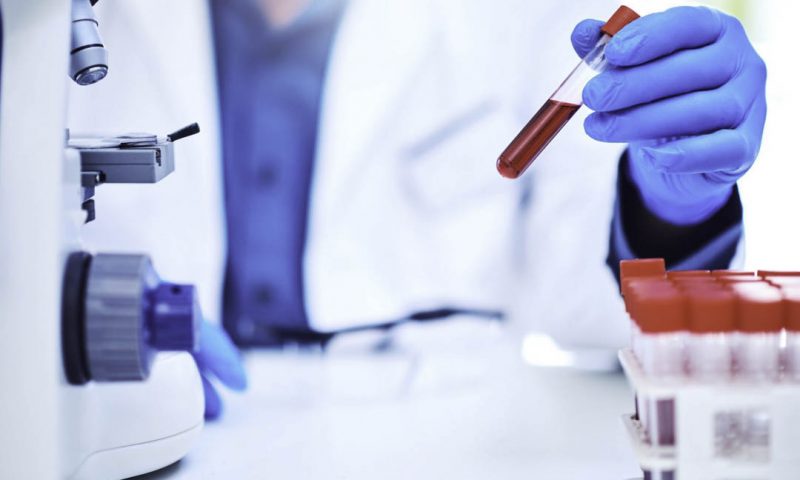Shortly after raising $60 million to fuel its artificial intelligence work, aimed at digitally charting the human body’s immune system, Immunai announced it has acquired the single-cell sequencing software startup Dropprint Genomics.
Previously backed by Y Combinator, the San Francisco-based Dropprint aims to provide big data and machine learning solutions to help crunch the numbers taken from millions of separate immune system cells.
Immunai, meanwhile, launched less than one year ago with a $20 million seed round, after being founded by researchers and computer engineers from MIT, Harvard and Stanford University.
Now, with February’s series A fundraising—co-led by Schusterman Family Investments, Duquesne Family Office, Catalio Capital Management and Dexcel Pharma, plus backing from Viola Ventures and TLV Partners—Immunai aims to expand its Annotated Multi-omic Immune Cell Atlas, or AMICA, which characterizes individual cells at a high resolution.
“The immune system is implicated in nearly every illness, making our technology critical for identifying, diagnosing, and treating disease, from cancer and infectious disease to autoimmune disorders,” Immunai co-founder and CEO Noam Solomon said at the time.
“Since Immunai’s founding in 2018, we have been mapping the immune system through observational genomics, using multi-omic single-cell technologies and machine learning to better understand how the immune system operates,” Solomon added. “Our expansion into functional genomics will help our partners tackle their most pressing questions in therapy development and will ultimately improve the lives of many patients.”
Dropprint’s own database of immune cells will be folded into AMICA, including samples taken from patients with cancer and autoimmune diseases.
Meanwhile, the company’s co-founders, Meena Subramaniam and Rachel Gate, will join Immunai’s machine learning and computational biology team. The financial terms of the deal were not disclosed.
In addition, Immunai has expanded its senior leadership. Peter Smibert, former director of technology innovation at the New York Genome Center, will serve as VP of functional genomics. MD Anderson Cancer Center’s Alexandria Cogdill will become director of business development while Adeeb Rahman was named senior director of single-cell immunology, after heading up technology development at the Human Immune Monitoring Center at Mount Sinai’s Icahn School of Medicine.
Finally, Immunai’s scientific co-founder, Danny Wells, will become senior VP of strategic research. Wells previously helped lead reverse translational medicine at the Parker Institute for Cancer Immunotherapy.

